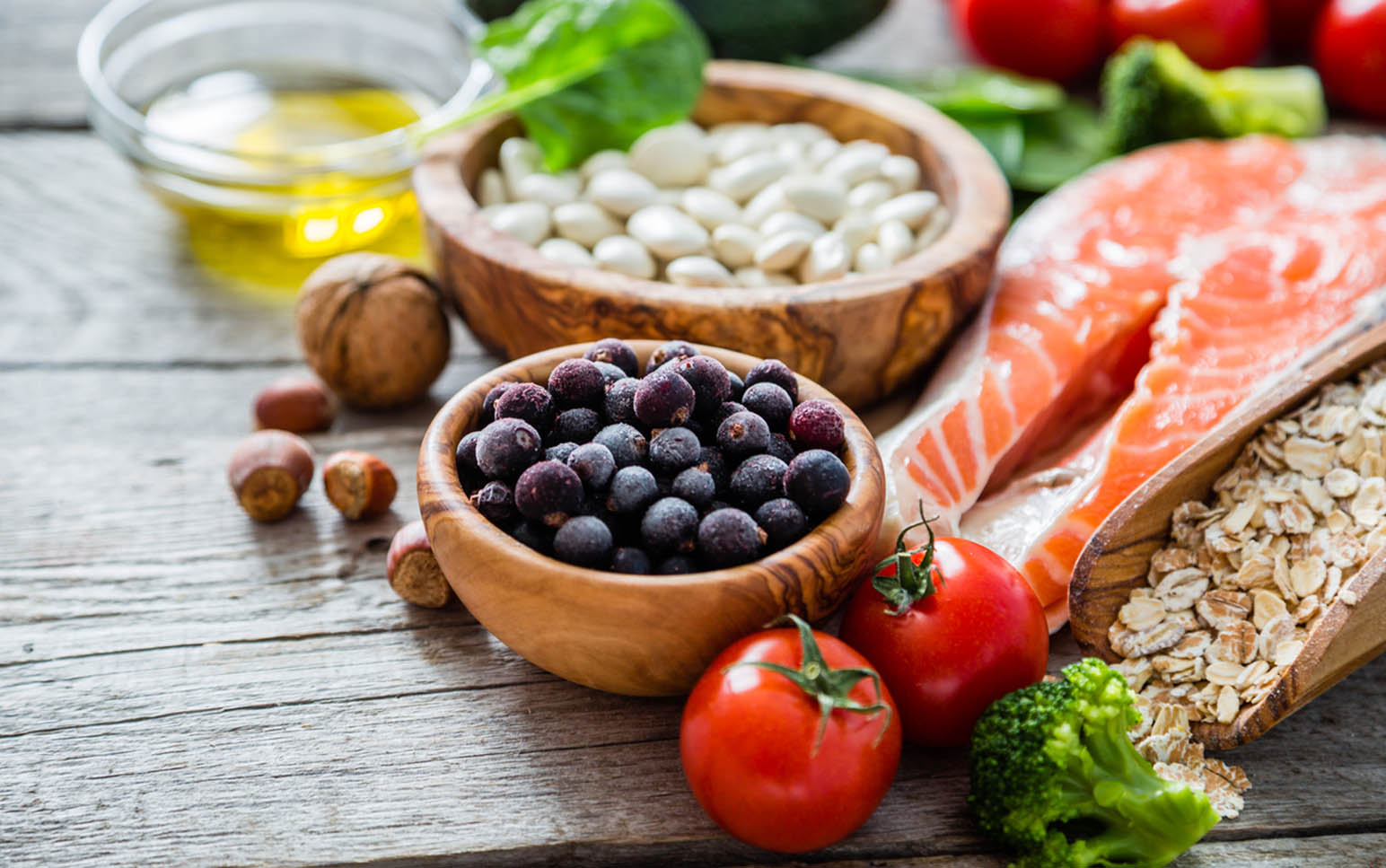Lifestyle and Culture writer, Emma Prentice, shines a light on some of the foods we should be trying to eat to boost healthy living and power our brains for revision.
Now that semester two is well and truly underway, you may find that your work is starting to pile on and that suddenly your to-do list is becoming overwhelmingly long.
Something which is particularly hard at this time is keeping focused. You may find yourself scrolling so far down in Kim Kardashian’s Instagram that you’re looking at pictures pre-Kanye, or taking a BuzzFeed quiz that claims to inform you on how you’re going to die based on your Taylor Swift song preferences. Either way, when your concentration starts to lapse, you need a solution.
Every student knows that studying can have a big impact on eating habits. At the end of a long day in the library when all you want is pizza, should you really deprive yourself?
You may be the kind of student who eats a mountain of pasta every day, sneaks an extra Digestive, or maybe even forgets to eat. So, we can acknowledge
that studying clearly has an effect on what we eat, but what if what we eat has an effect on our studying?
Many experts claim that vitamin supplements are the answer, but a student budget doesn’t make this the most appealing idea. The good thing? There is another way. Various research projects claim to have found certain foods that are supposed to enhance concentration and brain function.
So, what are these miracle foods?
I’m sure you’re jumping up and down at this suggestion. When mum said to eat your greens, she wasn’t kidding. Broccoli can improve your memory, with its high levels of vitamin K and choline.
If you’re not a huge fan of broccoli on its own, there are countless recipes which incorporate this nutritious vegetable so give one a go!
Naturally, fruit is a healthy option. However, it appears that blueberries in particular have some hidden powers when it comes to brain function. Not only do they aid cognitive function and improve memory, but a study carried out in California claims that they also help reduce risks of dementia and Alzheimer’s disease.
Never fear, not all brain food has to be boring! Dark chocolate is one of the best sources of antioxidants you can find. And the best bit? Dark chocolate is known to increase blood flow to the brain, which stimulates brain function. The only thing to be wary of: dark chocolate contains stimulant substances like caffeine and theobromine, so improved brain function may only be short-term.
There has been a lot of research on the health benefits of nuts, with results finding that eating nuts can help reduce issues such as heart disease and diabetes. Moreover, research has revealed that eating nuts can improve serotonin levels, the chemical which makes you happy. And a happy student = happy studying!
Fish is rich in omega-3 fatty acids and vitamins. In particular, oily fish is stated to give the most health benefits, such as lowering the risk of dementia and cardiovascular diseases. So, when you’re rushing to meet an assignment deadline, why not whip up a salmon dish? Your brain will be swimming in good ideas in no time!
Emma Prentice
Image Credit: Abbott Nutrition Newsroom

